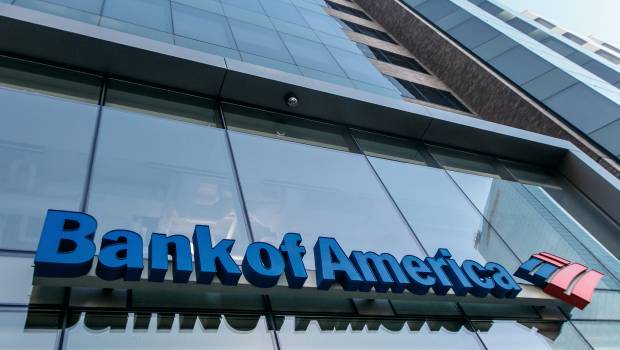Bank of America is making the transition to a sustainable economy. The bank has announced the deployment of 1000 billion dollars by 2030 as part of its “Environmental Business Initiative” program, in order to green the economy and reach by 2050 its initial goal of zero net gas emissions greenhouse effect (GHG).
This new objective is part of the approach initiated by the bank in 2019. It had already released 300 billion dollars as part of this program, with the ambition to accumulate sustainable financing of 1.5 trillion US dollars.
Thus, this “sustainable” financing aims to mobilize and increase capital to sustain energy efficiency and develop renewable energies. It will also serve to promote access of precarious populations to health and education, while fighting against “Against racial discrimination and gender inequalities”, can we read in the press release.
“The private sector is well positioned to ensure that the necessary capital can support the transition to a sustainable, low-carbon economy. We will deliver on our commitment by working with our clients to provide lending, capital raising, advisory and investment services, as well as to develop financial solutions and drive innovation to ensure the transition to a sustainable economy. “, said Anne Finucane, vice president of Bank of America.
Bank of America among financial players financing fossil fuels
However, Bank of America’s commitment can be called into question in view of the latest reports indicating its investments in fossil fuels. Latest report dated, “Five Years Lost How Finance is Blowing the Paris Carbon Budget” published by 18 NGOs including Reclaim Finance, insists on the role of international finance in the development of fossil fuel exploitation between 2016 and 2020: new coal-fired power stations, exploitation of shale gas and oil.
This report even shows that American banks are at the top of the list of investors in “fossil fuels”. US banks CitiGroup, Bank of America and JPMorgan Chase have reportedly invested a total of $ 295 billion between 2016 and 2020.
–


